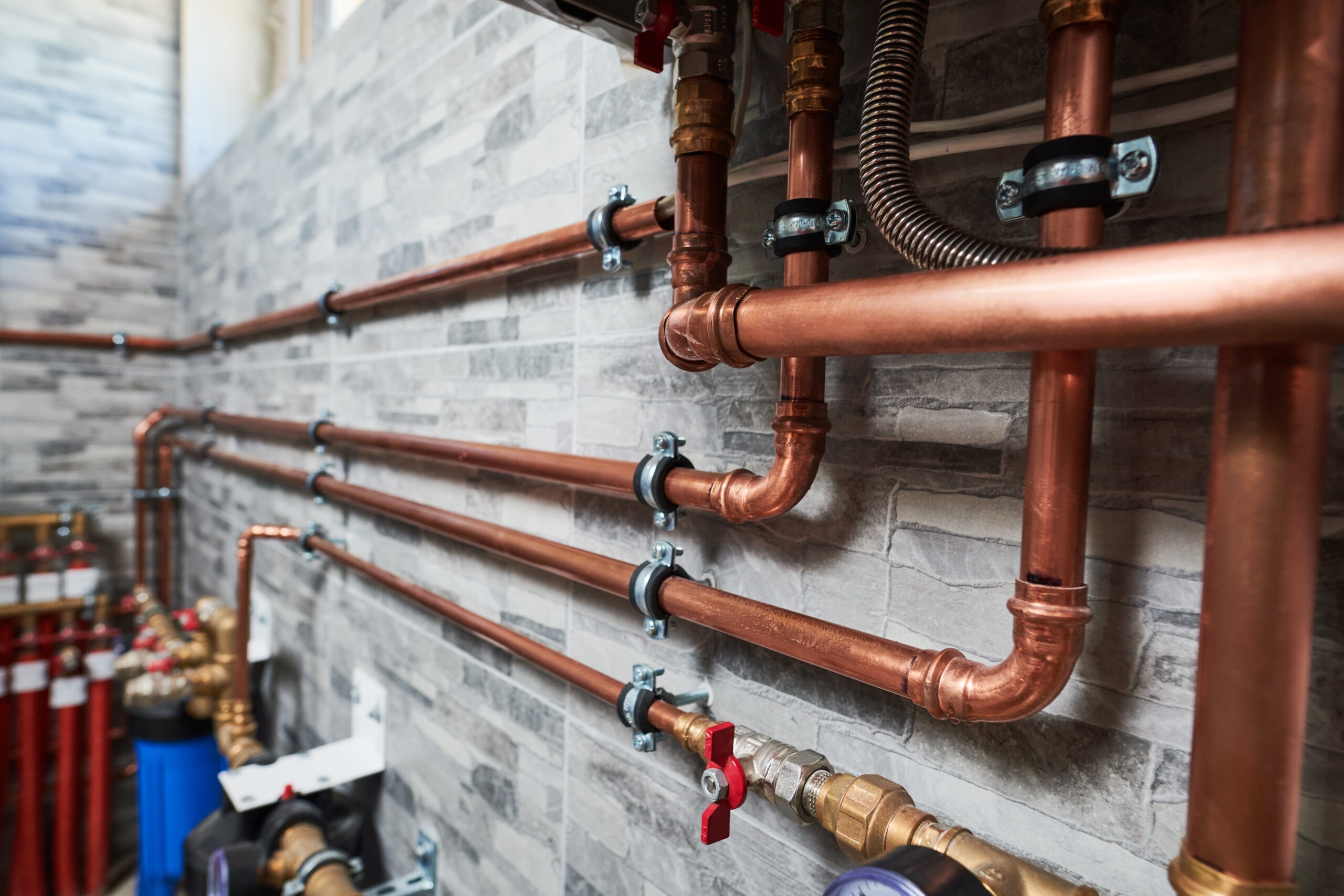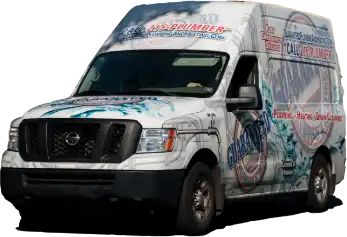
Exploring Different Pipe Materials
Philadelphia’s Trusted Plumbing Company
For homeowners, understanding the different materials used in plumbing pipes is crucial for making informed decisions about maintenance, repairs, and upgrades. At Guaranteed Plumbing, we believe in empowering our clients with knowledge. This guide will explore the various pipe materials commonly used in residential plumbing, highlighting their benefits and uses.
1. PVC (Polyvinyl Chloride) Pipes
Characteristics:
PVC pipes are lightweight, easy to work with, and resistant to corrosion and chemical damage.
They are commonly used for cold and hot potable water, as well as sewage applications.
Advantages:
Cost-Effective: PVC pipes are relatively inexpensive.
Easy to Install: Their lightweight nature makes them easy to handle and install.
Considerations:
Temperature Sensitivity: PVC can warp under high temperatures, so it’s not suitable for all hot-water applications.
2. Copper Pipes
Characteristics:
Copper pipes have been a long-time standard in residential plumbing, known for their durability and reliability. They are ideal for both hot and cold water supplies and can be used with central heating systems.
Advantages:
Longevity: Copper pipes can last for decades.
Heat Tolerance: They handle high temperatures well and are resistant to corrosion.
Considerations:
Cost: Copper is more expensive than plastic alternatives.
Installation: Requires soldering and is generally more labor-intensive to install.
3. PEX (Cross-linked Polyethylene) Pipes
Characteristics:
PEX is a flexible, plastic piping used for water supply lines. It’s a popular choice for new homes and remodeling projects.
Advantages:
Flexibility: Can be snaked through walls easily and is great for retrofitting.
Heat & Cold Resistant: Suitable for both hot and cold water applications.
Considerations:
UV Sensitivity: PEX pipes can’t be used in applications where they will be exposed to sunlight.
Longevity: While durable, PEX may not last as long as copper.
4. Galvanized Steel Pipes
Characteristics:
These are steel pipes coated with a layer of zinc to prevent corrosion.
Historically common, but less so in modern residential plumbing.
Advantages:
Sturdy: Very strong and resistant to damage.
Considerations:
Corrosion Over Time: Can corrode internally over time, leading to reduced water pressure and clogs.
Rarely Used in New Installations: Modern alternatives have largely replaced galvanized pipes.
5. ABS (Acrylonitrile Butadiene Styrene) Pipes
Characteristics:
ABS is similar to PVC but is typically black and used in drain and vent lines.
It is known for its strength and impact resistance.
Advantages:
Cold Resistance: Performs better than PVC in cold temperatures.
Considerations:
Local Regulations: Not permitted by all local plumbing codes.
Contact Us For Plumbing Replacement in Philadelphia Today
Choosing the right pipe material is essential for the longevity and efficiency of your plumbing system. Each material has its benefits and ideal uses, and the right choice depends on specific needs, budget, and local building codes. At Guaranteed Plumbing, we’re here to guide you through the selection process, ensuring you make the best choice for your home. For expert advice and professional installation services, don’t hesitate to contact us.
